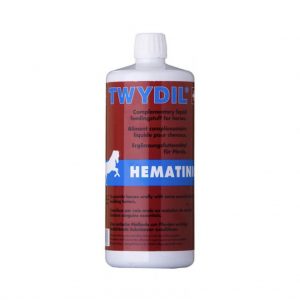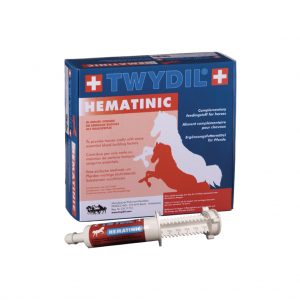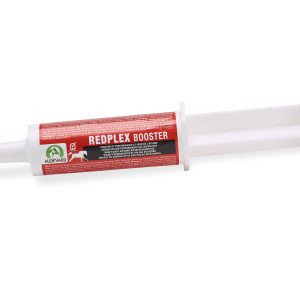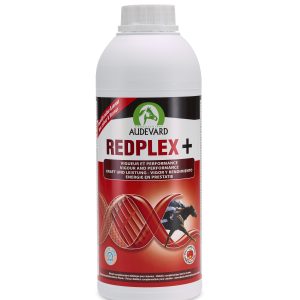Heart and Blood
The heart is a muscle. When a horse moves, the heart rate increases to the level required to maintain that performance. There is a maximum. Training makes the heart muscle stronger, so that more blood is pumped around per stroke. As a result, more oxygen is supplied to the muscles.
The athletic capacity of a horse’s heart is naturally very high. Horses rarely have heart disorders. Heart murmurs are usually discovered during a vetting. Lameness for no obvious cause or underperformance may indicate coagulation or anemia. Arrhythmias occur, most are harmless but some are life threatening and require investigation and possibly treatment.
EXAMINATION of arrhythmias
If a horse is not performing well, examination of the heart and blood is part of the examination.
electrocardiogram (ECG) at rest or during exercise
Using electrodes on the skin of the horse, an electrocardiogram (ECG) is recorded. With this painless examination, a better picture of the heart activity is obtained and arrhythmias can be detected. The examination can take place at rest, but the heart activity during exercise is much more significant. This is possible in the usual training environment.
ECG at rest

ECG during exercise

STANDARDIZED EXERCISE TESTING (SET)
During this test, a standardized exercise protocol has to be performed by the horse. A few parameters are measured, including heart rate and lactate. This examination makes it possible to objectify a poor performance and to identify the cause. A lack of training or a deviation of the heart or blood will give different readings from the exercise test, if we compare these with the parameters of other horses. Ideally, exercise tests should be taken regularly to monitor progress or to detect an abnormality at an early stage.
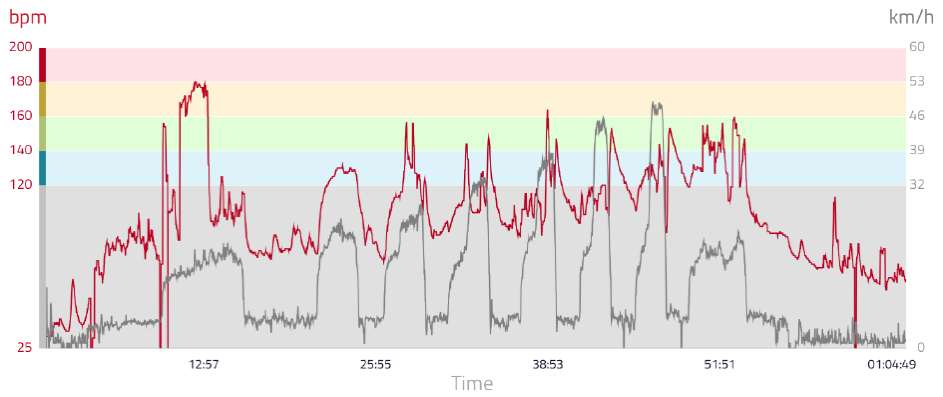
Holter
In special cases it may be necessary to check the occurence of cardiac arrhythmias for a longer period of time. This ECG is usually recorded during 24 hours. This is painless for the horse and can give an indication of the frequency of the arrhythmia, and will give a more precise prognosis.
Make an appointment
Do you want an exercise test for your horse or have you been referred for an arrhythmia (heart rhythm disorder), contact sportpaardenarts.nl using the form below. Examination can take place at the clinic or at home throughout the Netherlands.
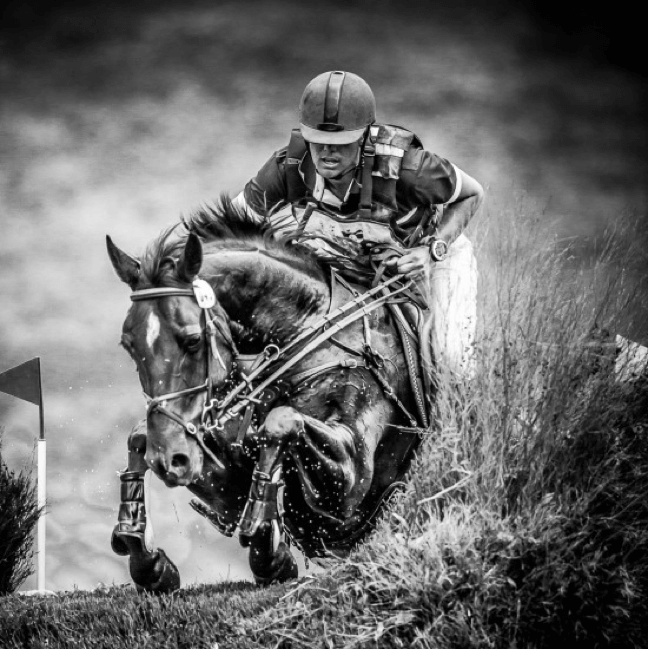
blood tests
Blood tests are often performed in equine medicine and are fully integrated in the medical sport coaching of sport horses. Determining hematological and biochemical blood values provides a baseline for monitoring the horse. It helps in early detection of inflammation or organ disorder.
Because we are convinced that important information can be extracted from the blood, we send the samples not only to laboratories in the Netherlands but also abroad, such as Belgium, Germany and France.
SWEAT testing
In certain cases a test can be carried out on the sweat of sport horses. This gives us important information about the electrolyte loss during exercise. Then we can determine which electrolytes the horse needs and in what amount.





